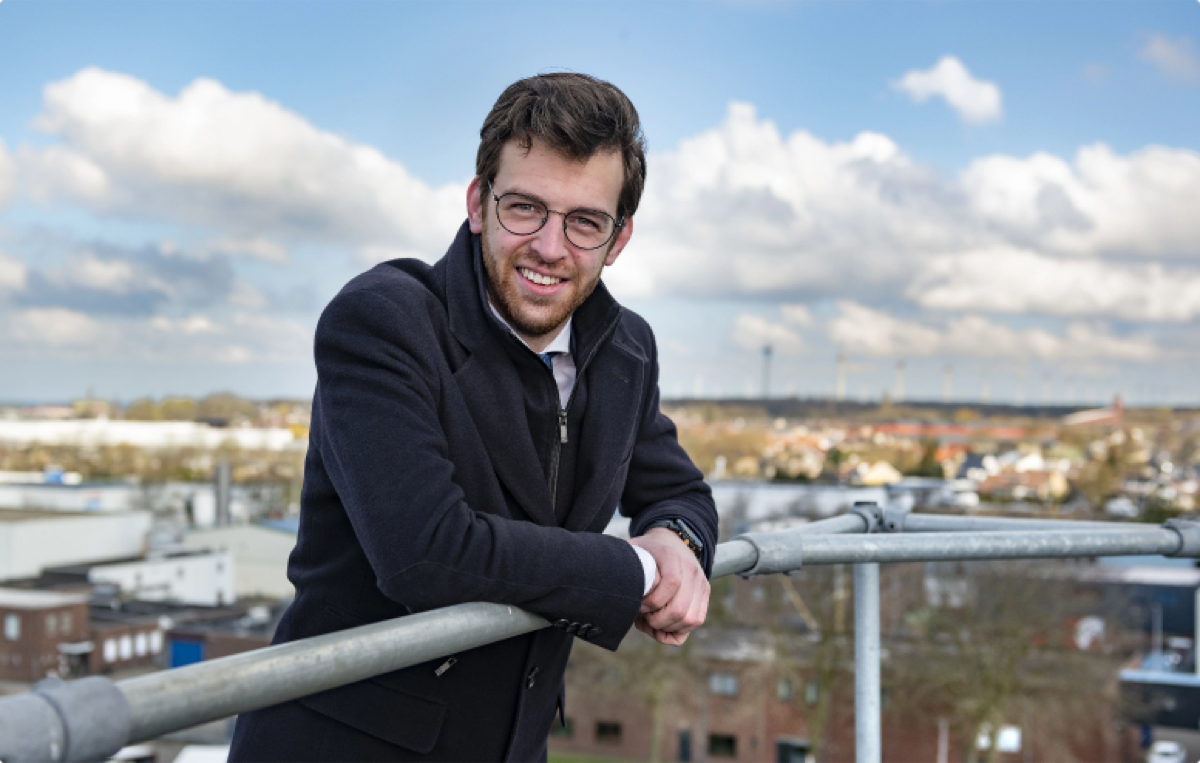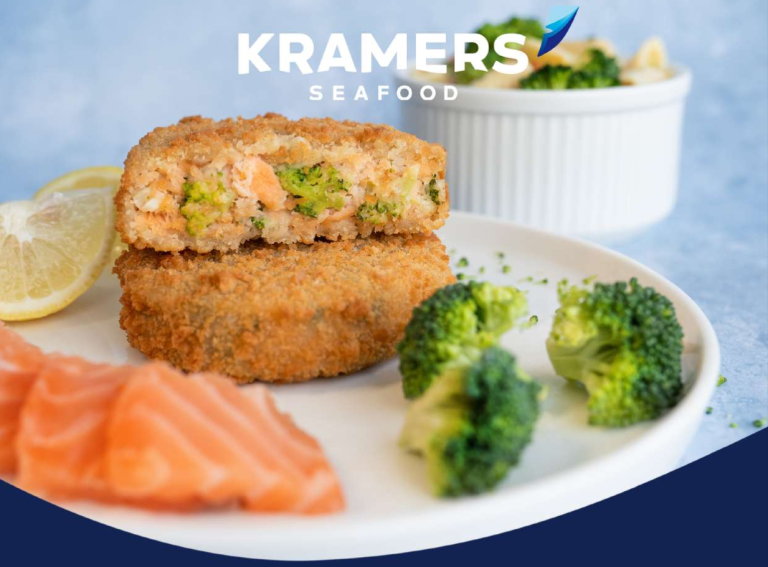Urk alderman of finance, economic affairs and fisheries, land affairs, education and labor market
Urk municipality’s development as an international seafood hub
Fishing and entrepreneurship are two concepts that are in almost every Urker’s genes. Since the birth of the local fishing culture on Urk around the year 1600, there has been tremendous growth in this industry in every field. What began with fishing on the Zuiderzee grew slowly by the end of the seventeenth century into braving the North Sea.
As the island lost land to the sea, the Urk economy began to focus more and more on fishing. The people of Urk continued to innovate, and even after the construction of the afsluitdijk, the people of Urk did not let themselves be put out of business. Freshwater fishing arose on the IJsselmeer, but the North Sea was also fished by Urkers, with necessary modifications to the fleet.
This necessary innovation and flexibility can still be seen in Urk, today mainly in fish processing and storage. The switch from local fishing, to fish imported from Scandinavia and Scotland and the rest of the world, brings many opportunities. The municipality sees the developments within the sector and plays a facilitating role in this by creating space for enterprise and service provision, but also stimulating sustainability, cooperation through cluster formation, strengthening knowledge and innovation and commitment to human capital (talent development).
With the construction of the Port of Urk business park as the next step in the growth of the fish processing and processing industry, the municipality is betting on space and opportunity for further development for entrepreneurs. The municipality wants to achieve this by working with entrepreneurs in the sector to invest in greening, collaboration, and knowledge and innovation. Examples include the development of a cold-heat grid, where residual heat from the fish-processing industry is used to heat homes and businesses, and the development of a smart energy hub, where renewable electricity is smartly used and stored where necessary. Local efforts are also being made in the areas of water consumption and residue processing.
In addition to these initiatives, the municipality is emphasizing the promotion of cooperation among businesses (cluster development) and the introduction of park management in the berdrijventerreinen. Finally, strengthening the maritime education of the Maritime Campus on Urk should lead to the next generations gaining knowledge of the trade. These young people can put this to use in the future by doing their part to maintain and grow the fishing industry and the local economy so that the industry remains future-proof and, in the process, resilient and agile to new changes.
Finally, resilience is an important core concept. Resilience has been a recurring word in recent decades. The switch from agriculture to fishing, the transition from Zuiderzee to IJsselmeer, as well as the effects of Brexit are all good examples of how strong Urk is. Any economic or political blows are not only cushioned by Urk’s stable position as an international seafood hub, but they actually provide grounds for further innovation, growth and strengthening of the industry. The local cluster can therefore guarantee stable cooperation with outside parties, regardless of whether these partners are at home or abroad. Focusing more on quality will also increase the economic vitality of the entire cluster of seafood entrepreneurs on Urk. Not only in business processes, but also in the construction and building of new industry at Port of Urk.
All these developments and core values show why Urk works so well as an international seafood hub. The strong positioning, mutual cooperation, decades of experience, innovation and knowledge sharing, sustainability strategies and municipal involvement all exemplify the strength of Urk and its entrepreneurs as international players.



